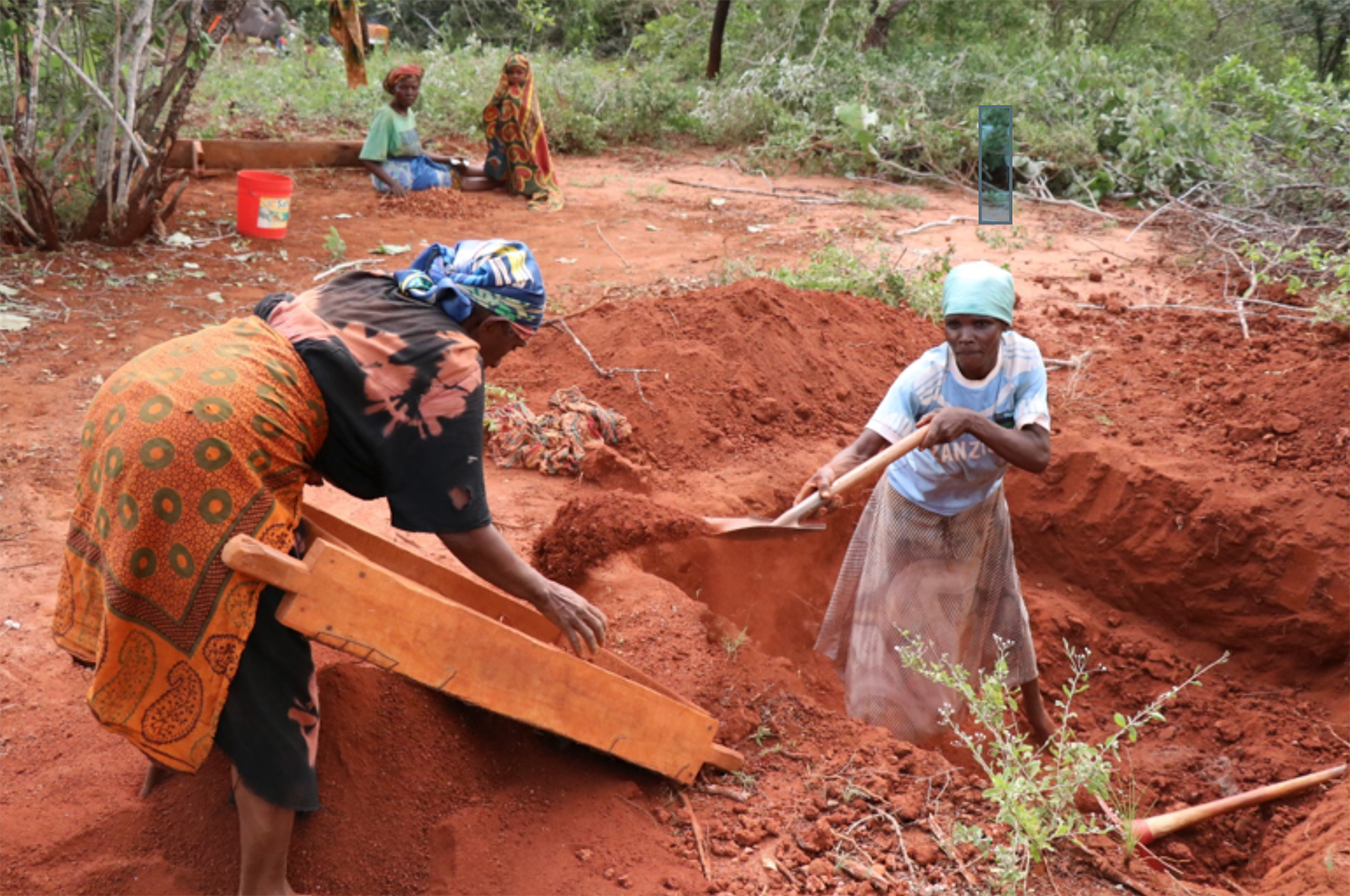The industry has long faced real challenges regarding the nature of the colored gemstone supply chain. The simple truth that we all know is that many third world countries where mining occurs struggle to cope with issues of working conditions, disease, child labor, and more. There is great disparity of wealth in the colored stone supply chain. Some of the poorest counties with the worst conditions for miners, have the richest mineral deposits in the world.
Efforts to improve conditions are necessary not only for future of the global gemstone industry, but because it is the right thing to do. While large scale efforts are being developed to address these issues, not all of these will work for the small-scale artisanal miner
Since many small-scale miners know no other way of economic survival and their methods may not fit into published protocols, it is good to know that many individuals in the industry have taken it upon themselves to work with their business partners in source countries to ensure community development. These individual efforts to help miners, empower women, improve the health, education, and welfare of families a have been employed by some industry individuals long before formal protocols by advocates of responsible sourcing were introduced. Here are just a few brief stories among many.
Eric Braunwart, Columbia Gem House, was an early proponent of helping small-scale miners. His efforts began more than a decade ago. Through his efforts in countries like Malawi, he supports local production through sales and works on development projects and critical needs in the local communities. He has been a strong voice to stopping silicosis, a horrible lung disease among bead cutters that cut lives so short, with health impacts among some as early as in their 20s and 30s. He assures that no beads he sells are sourced from factories that ignore working conditions and has himself traveled first-hand to educate, introduce masks and wet carving which is needed to eliminate this deadly disease.
Roger Dery, Roger Dery Gem Design, has a philosophy of dealing directly with the miners keeping wealth within the countries and communities to help build schools and develop the infrastructure. In 2018, he founded Gem Legacy, a nonprofit organization supporting education, training, and local economies in East African mining communities. Roger has travelled regularly for many years to East Africa, working with the locals and communities, teaching, buying their goods directly, and fostering a better living wage and living conditions.
Today, fair trade and responsibly sourced are terms that will mold the future of the gemstone industry. There will be a fine line balance between formal protocols and hands on, in the field development for small-scale miners. Individual business initiatives continue to be a vital central mechanism to partner with sources to ensure the benefits of trade for those source communities. This focus benefits the entire supply chain creating prosperous suppliers and a positive working environment for all. Several industry events and conferences related to this topic are presented throughout the year (including the Jewelry Industry Summit) – education about how every individual from every sector can play a role in supporting the supply chain for our products is to be encouraged.
By: Richard B. Drucker, GIA GG, Honorary FGA, Publisher of GemGuide
Image: A small-scale mining operation in Tanzania. They dig every day hoping for enough money to feed their families. Photo by Stuart Robertson.


